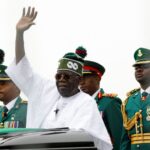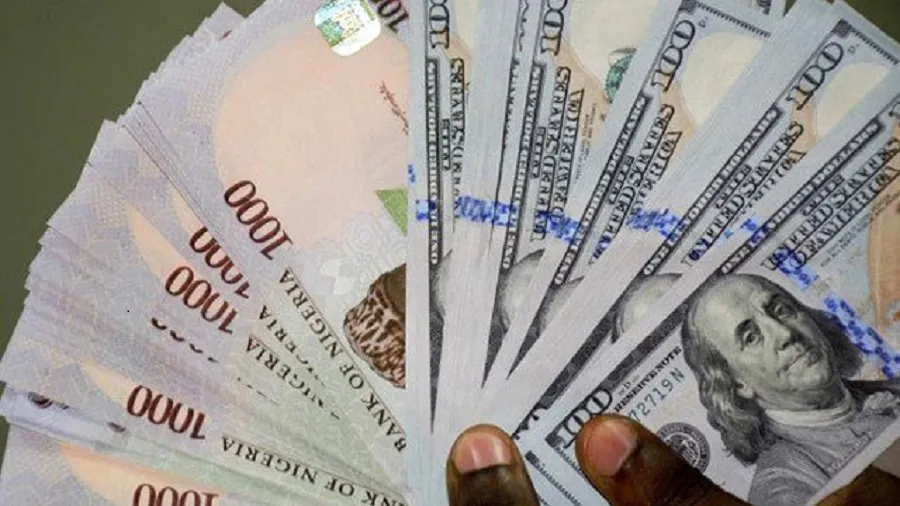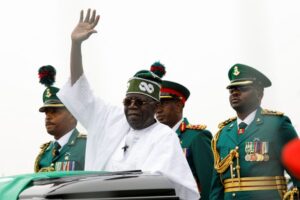The Naira has steadily been fallen down the slope since the unification policy of the Central Bank of Nigeria (CBN),
On Thursday afternoon, it fell to an all-time low of N950 to a single dollar at the parallel market.
The figure represents a N53 or 5.9 percent depreciation compared to the N897 it traded earlier this week, according to reporting by The Cable.
The online newspaper quoted Bureaux De Change (BDC) operators in Lagos who said that there is high demand for foreign currency in the street market.
The street traders, popularly known as ‘abokis’ put the buying price of the dollar at N935 and the selling price at N950, leaving a profit margin of N15.
Meanwhile, currency traders in the Agbara area of Ogun state said they are currently buying the local currency at N920/$ and selling it for N940 per dollar.
“Dollar is scarce now. The rate keeps going up and I don’t even know why. Despite that, people are still coming to buy the little they can get,” the newspaper quoted a BDC operator.
At the investors and exporters (I&E) window, the local currency depreciated by 3.28 percent against the dollar to close at N782.38/$ on Wednesday, according to FMDQ OTC Securities Exchange, a platform that oversees foreign-exchange trading in Nigeria.
An exchange rate of N800 to the dollar was the highest rate recorded within the day’s trading before it settled at N782.38.
The total value of trades recorded at the I&E window on Wednesday stood at $60.26 million.
In mid-June, the Central Bank of Nigeria (CBN) introduced major reforms that disrupted the foreign exchange market scope.
Prominent among the policies include the unification of all segments of the forex exchange (FX) market ( allowing the local currency to freely float) and the re-introduction of the “willing buyer, willing seller” model at the I&E window.
Since the government unified the exchange rate windows, the naira has consistently experienced fluctuations at the official window and a surge in depreciation at the black market.
Last month, the Economist Intelligence Unit (EIU), an arm of The Economist of London, predicted that the Nigerian government would go back to a system where they have more control over the exchange rate.
The UK-based platform said the move would be taken to try and stop the naira from losing its value much further.








More Stories
Dangote refinery reduces petrol price by N15
South African authorities approve Canal+ acquisition of Multichoice
National Sports Festival: Traders, transporters, hospitality businesses boom in Ogun